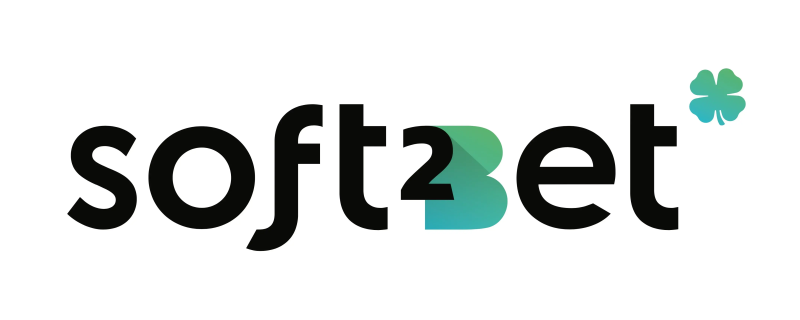Flexible Casino Modules The Future of Online Gaming

Flexible Casino Modules: The Future of Online Gaming
As the online gaming industry continues to evolve, the concept of flexible casino modules MEGA Soft2Bet is becoming increasingly significant. This modular approach to casino software allows operators to customize their platforms effectively, ensuring that they can meet the diverse needs of players and adhere to varying international regulations.
The flexible casino module framework enables operators to select and implement the precise features they require, creating a tailored gaming environment. This adaptability provides many advantages over traditional, monolithic systems that often come with rigid structures and limited customization options. In this article, we will delve into the key aspects and benefits of flexible casino modules and how they are shaping the future of online gaming.
What are Flexible Casino Modules?
Flexible casino modules are components of online gaming software that can be independently developed, managed, and integrated into a larger gaming platform. This modular approach allows casino operators to pick and choose functionalities based on their specific business model and target audience.
Examples of these modules include payment systems, game libraries, customer loyalty programs, and more advanced features such as live dealer capabilities or virtual reality integrations. Each module can be upgraded or replaced without disrupting the overall system, providing a level of flexibility that is essential in today’s fast-paced digital landscape.
Advantages of Flexible Casino Modules
The rise of flexible casino modules offers numerous advantages that can enhance operational efficiency and customer satisfaction. Here are some of the primary benefits:
1. Customization and Scalability
One of the biggest advantages of using flexible casino modules is the ability to customize the gaming experience for players. Operators can select specific modules that align with their brand’s identity and the preferences of their target audience. Additionally, these modules can be easily scaled, allowing for seamless expansion as the business grows. This means that operators can launch new features or games without the need for a complete overhaul of their systems.
2. Faster Time to Market
With traditional casino systems, introducing new features or games can be a lengthy and complex process. Flexible casino modules streamline this process, as they can be developed and implemented independently. This agility enables operators to respond quickly to changing market demands, introduce new promotions, and remain competitive in a rapidly evolving industry.
3. Cost-Effectiveness
Building and maintaining a traditional casino platform can be expensive, especially if it requires regular updates and overhauls. Flexible modules are often more cost-effective, as operators only pay for the features they need. This results in lower initial investments, ongoing operational savings, and improved overall return on investment (ROI).

4. Integration with Emerging Technologies
The gaming industry is undergoing rapid technological advancement. Flexible casino modules can easily integrate with emerging technologies such as artificial intelligence (AI), blockchain, and virtual reality (VR). This integration enables operators to enhance player engagement, improve security, and offer unique gaming experiences that attract a broader audience.
Challenges of Implementing Flexible Casino Modules
While the benefits of flexible casino modules are compelling, there are also challenges that operators must consider.
1. Integration Complexity
While modular systems offer flexibility, they can also lead to complex integration challenges. Ensuring that different modules work seamlessly together requires careful planning and execution. This can necessitate additional development resources and expertise.
2. Regulatory Compliance
The online gaming industry is subject to strict regulatory oversight that varies by jurisdiction. Operators must ensure that each module they implement complies with local laws and regulations. This compliance can add layers of complexity to the selection and integration process.
3. Security Concerns
With increased flexibility often comes increased risk. Operators must ensure that all modules are secure and do not create vulnerabilities in the overall system. Ongoing security assessments and updates are essential to protect player data and maintain regulatory compliance.
The Future of Flexible Casino Modules
As the online gaming industry continues to grow and evolve, the demand for flexible casino modules will likely increase. Operators will seek systems that allow for customization, speed, and adaptability to meet changing player expectations and regulatory landscapes.
The future will likely see further advancements in technology, with flexible casino modules that can incorporate cutting-edge features like AI-driven personalized gaming experiences, blockchain-based transactions for enhanced security, and immersive VR environments that transform the way players interact with casino games.
Conclusion
Flexible casino modules represent a significant shift in the online gaming industry, allowing operators to create customized, scalable, and efficient gaming environments. By embracing this modular approach, casinos can enhance player experiences, streamline operations, and maintain competitiveness in a rapidly changing landscape. The future of online gaming is bright, and flexible casino modules will undoubtedly play a crucial role in shaping it.
